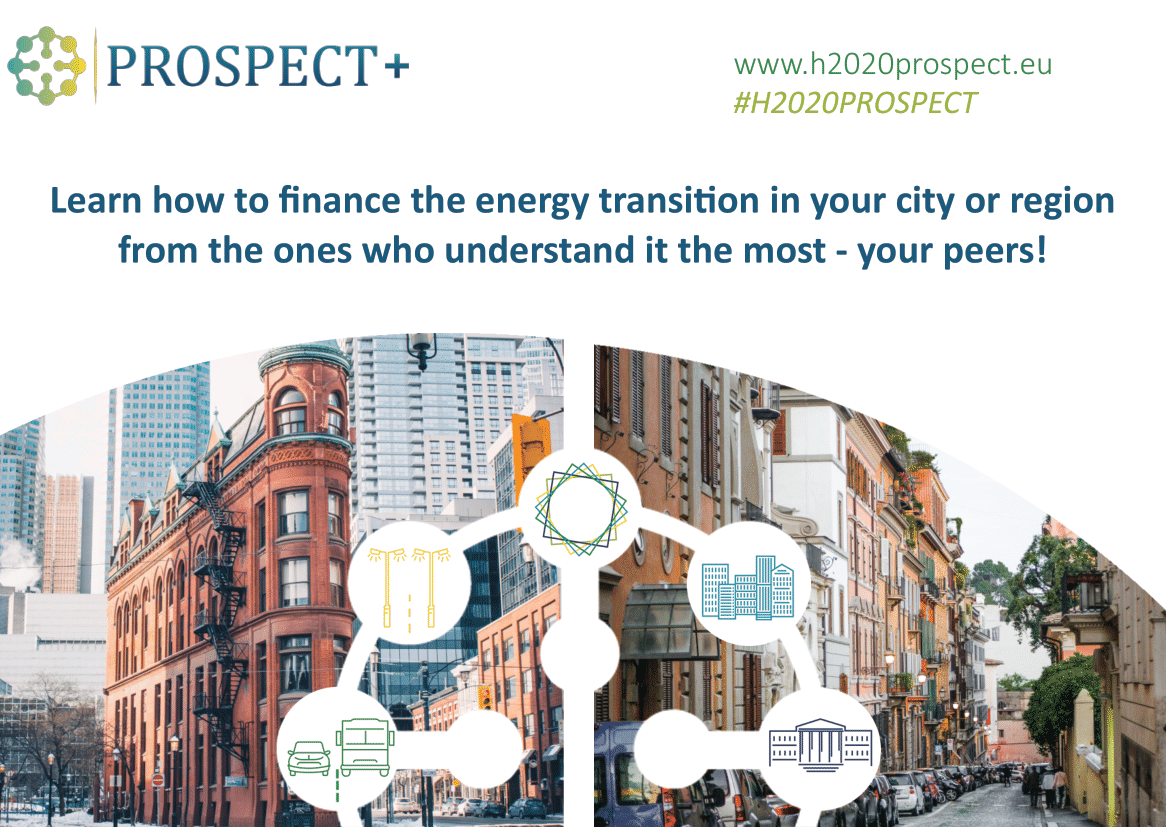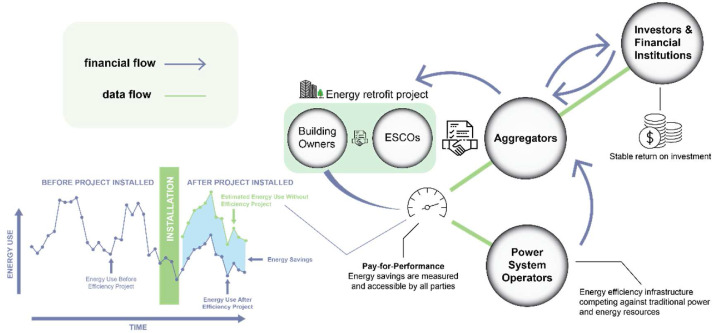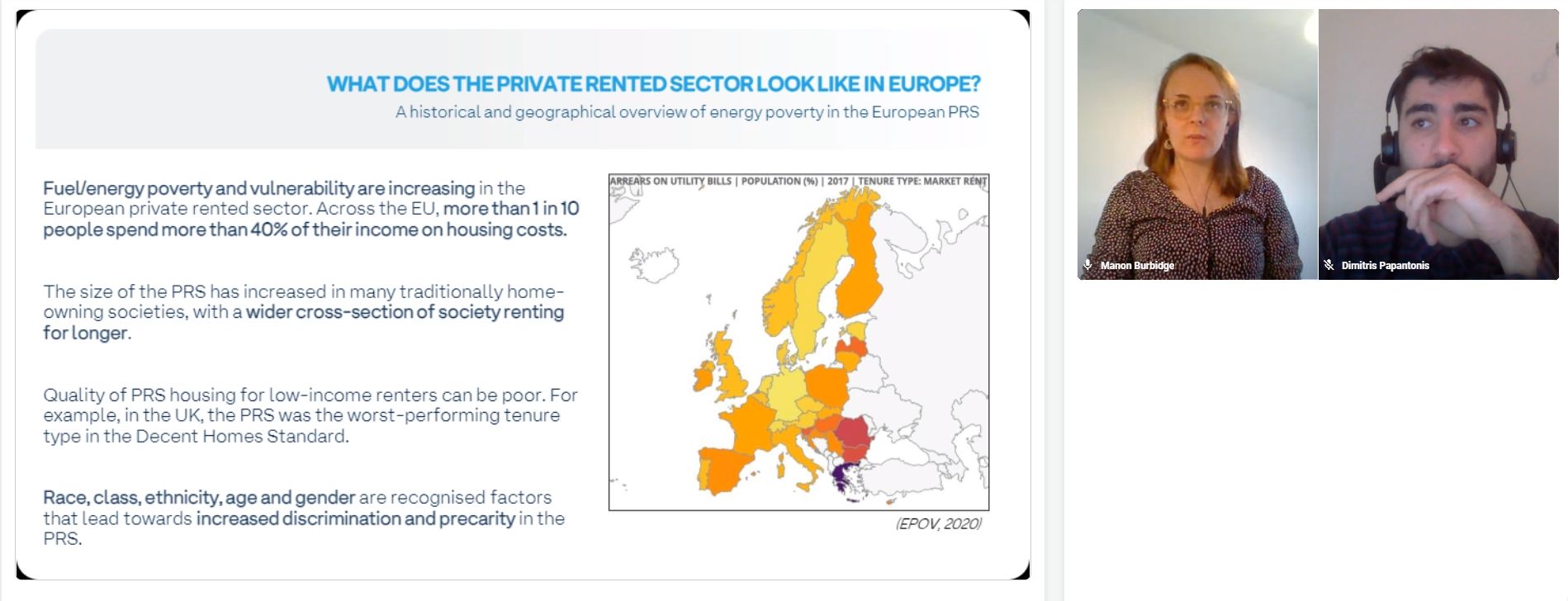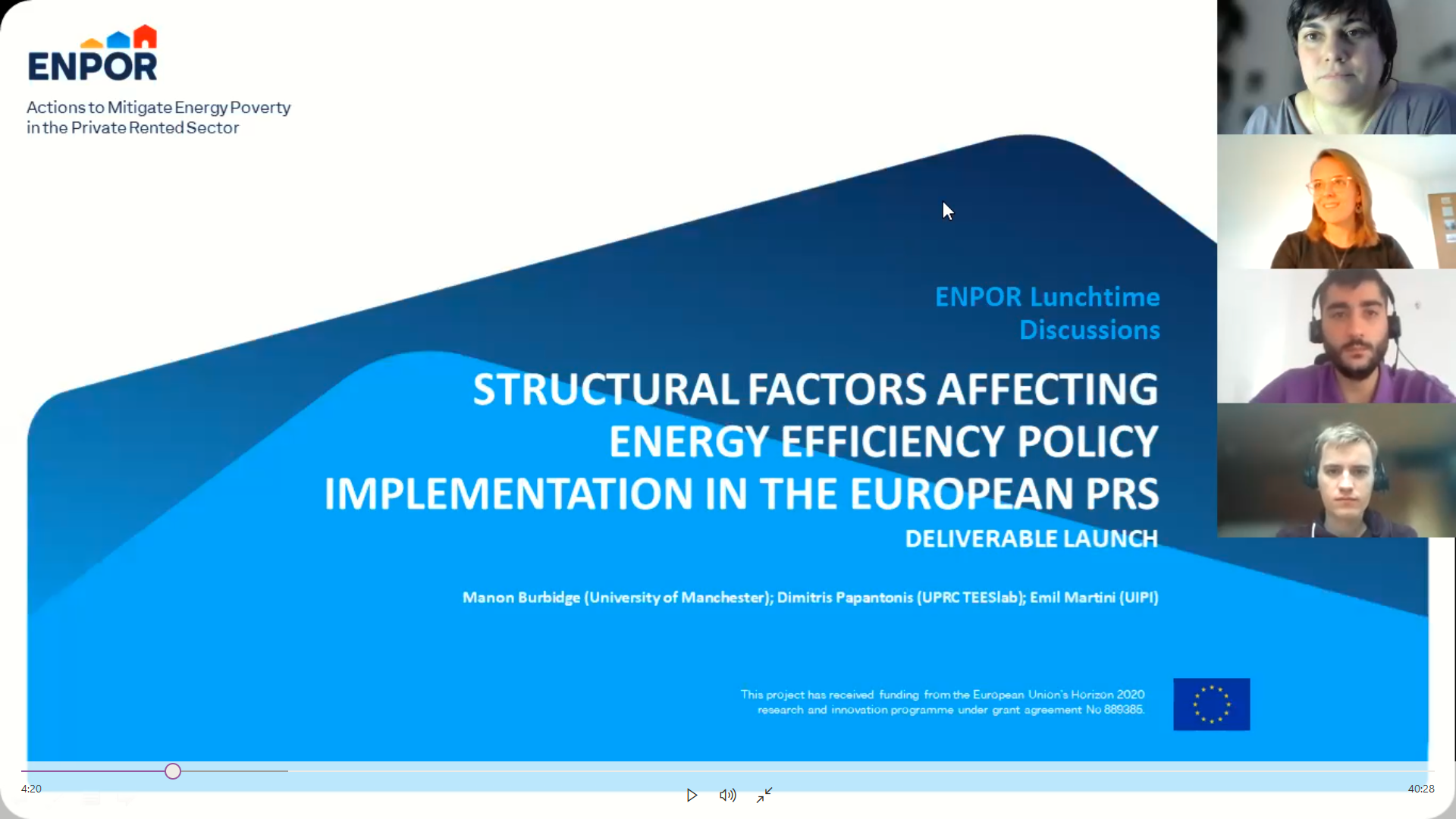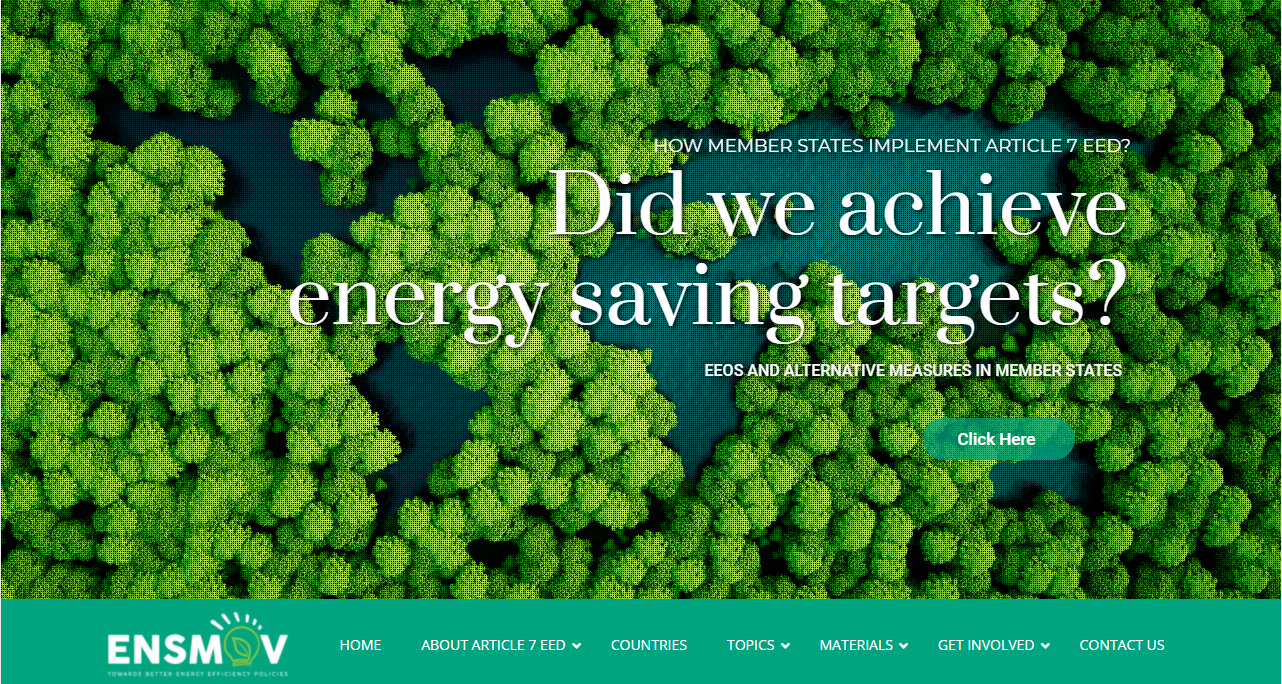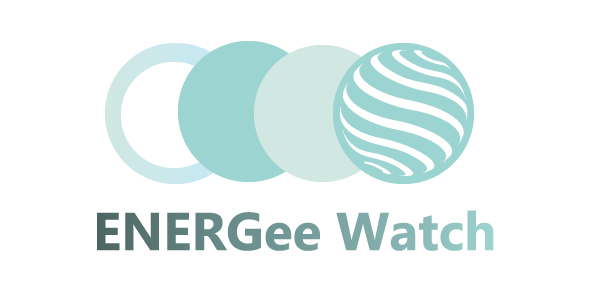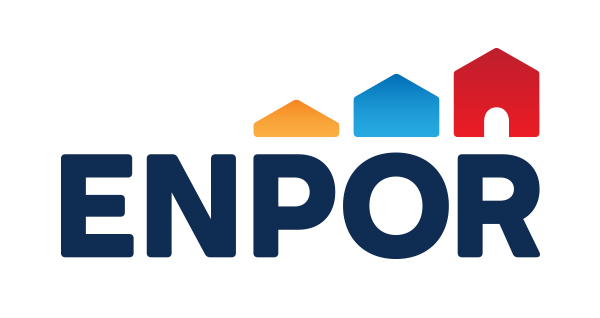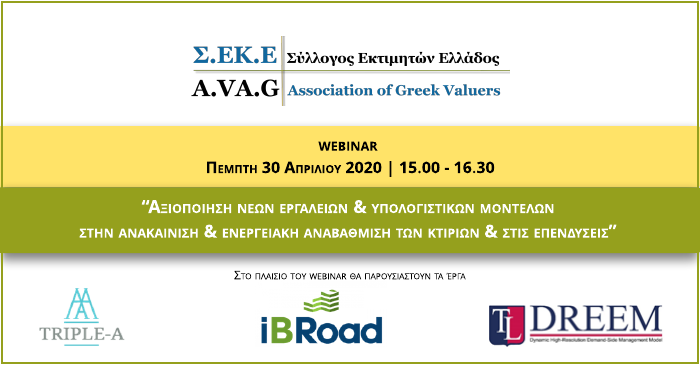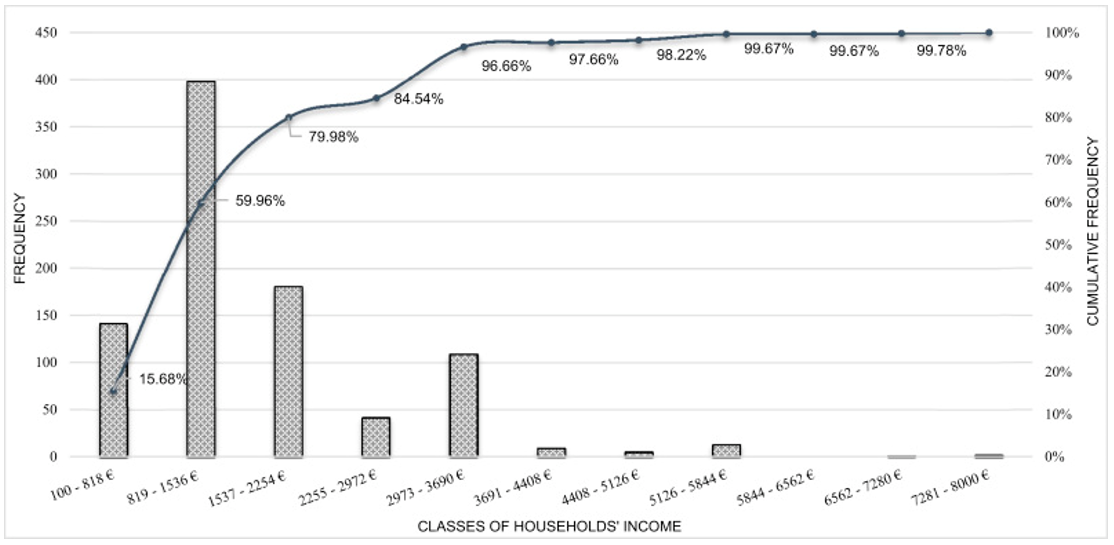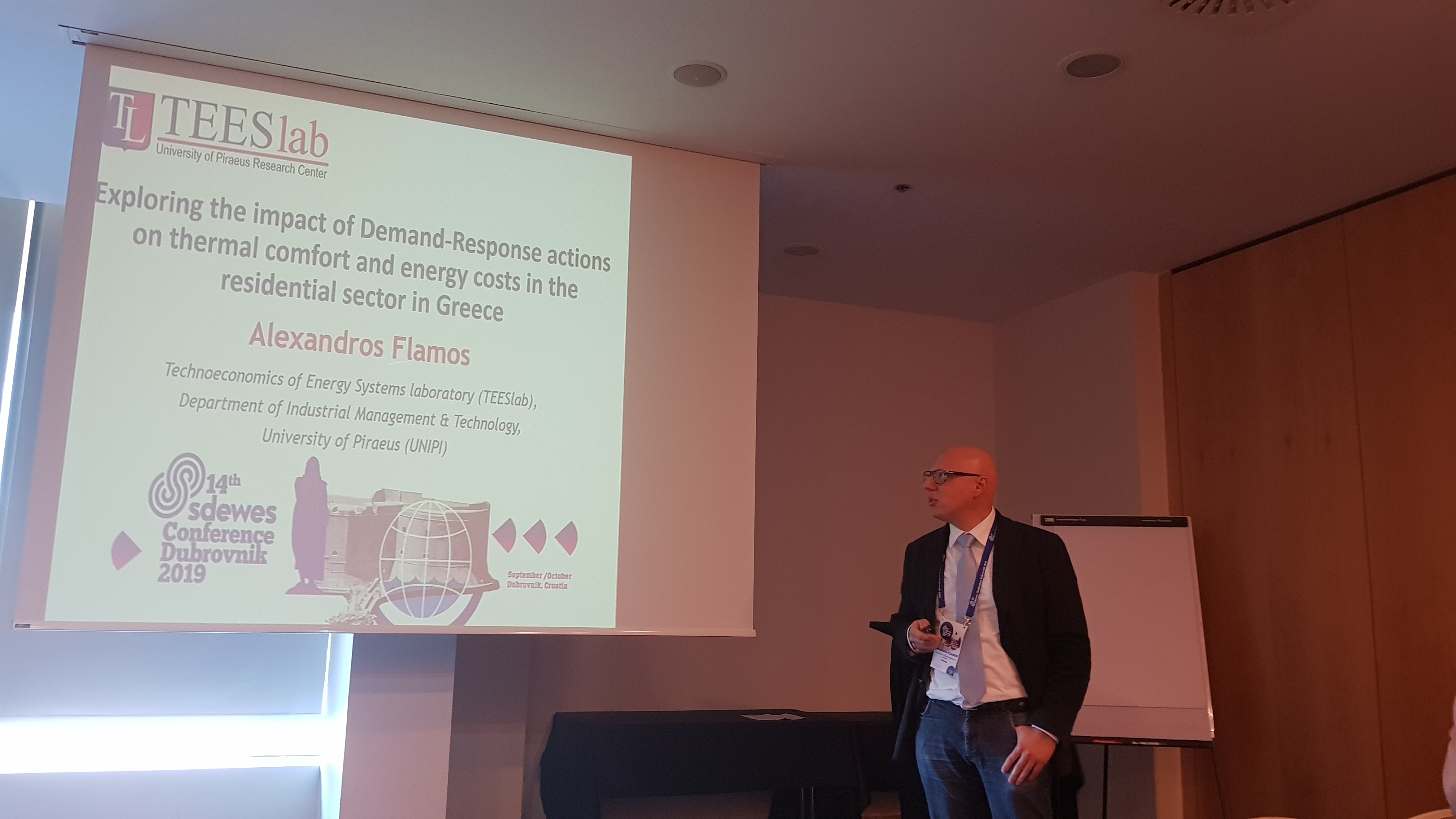-
Test
PROSPECT+ Capacity Building programme: Apply as a mentee to learn how to implement innovative financing schemes!
The call for mentees for the 1st learning cycle of PROSPECT+ Capacity-Building Programme is now open. Regional and local authorities can learn from experienced peers about innovative financing for their sustainable energy and climate projects in order to support the energy transition in their cities. The PROSPECT+ Capacity-Building programme is structured upon 5 thematic areas: […]

-
Test
A comparative review analysis on how to design and implement pay-for-performance schemes
The Technoeconomics of Energy Systems Laboratory (TEESlab), in collaboration with the Institute for European Energy and Climate Policy Stichtung (IEECP), the Regulatory Assistance Project (RAP) and the EC H2020 SENSEI Project published a new article in Elsevier’s “Renewable & Sustainable Energy Reviews” journal focusing on how to design and implement Pay-for-Performance programmes. Energy efficiency offers […]

-
Test
Setting the scene for tackling energy injustice in the European Private Rented Sector
Mr. Dimitris Papantonis, Research Associate in the Technoeconomics of Energy Systems laboratory (TEESlab), has participated in the “Social Innovation in the Energy Transition” (SIET) Conference organised by the Technical University of Delft, co-presenting key findings in the panel “Energy Justice and Energy Democracy”, with the contribution “Setting the Scene for Tackling Energy Injustice in the […]

-
Test
Energy Poverty in the Private Rented Sector – Barriers and Solutions
Mr. Dimitris Papantonis, Research Associate in the Technoeconomics of Energy Systems laboratory (TEESlab), has participated in the Lunch Talk: “Energy Poverty in the PRS – Barriers and Solutions”, organised in the context of the EC-funded Horizon 2020 (H2020) project ENPOR, to present key findings from our Deliverable 2.1c “Structural Factors Impacting Energy Efficiency Policy Implementation […]

-
Test
How can building policies facilitate the development of performance-based energy efficiency programmes in the EU?
The European Commission-funded Horizon 2020 SENSEI project has launched a survey to help performance-based energy efficiency programmes’, like Pay-for-Performance (P4P) schemes’, replicability in the European Union. This survey supports SENSEI in identifying how policy and regulatory developments in the EU may become a risk or an opportunity for P4P schemes, by capturing energy experts and […]

-
Test
Visit our Knowledge Transfer Platform on Article 7 EED
If you want to learn more on Article 7 of the Energy Efficiency Directive implementation issues, visit our Knowledge Transfer Platform. It serves as a place of knowledge, learning materials, webinars, case studies, good practice examples, and national level information. Our objective is to help national authorities in the implementation of the policies and the […]

-
Test
Welcome to ENPOR!
Around 50 million households in the European Union (EU) are estimated to be living in energy poverty – or energy vulnerability, unable to afford the energy needed to adequately heat or cool their homes. This is caused by a combination of factors including high energy costs, low household incomes, and energy inefficient buildings, and can […]

-
Test
The role of the DREEM model in assessing the impact of energy efficiency improvements on the value of buildings and properties
We are glad to inform you that our team has participated in the ““??????????? ?? ??? ????? ??? ?????? ??? ?????????’ ?????????? ??? ?????? ????????, ??? ??? ???????????”” webinar, co-organized by the Association of Greek Valuers (AVAG) and the Institute of Zero Energy Buildings (INZEB). The webinar took place on April the 30th, with more […]

-
Test
Policymaking & energy efficiency: Presentation of results from a survey-based econometric analysis in the Greek residential sector
o What can technology ownership tell us about the adoption of energy efficiency measures? o What is the effect of energy policy on observed technology ownership rates for different energy efficiency measures? o How do lower-income households respond to subsidies? Οur article entitled “Understanding technology ownership to reveal adoption trends for energy efficiency measures in […]

-
Test
ENSMOV Newsletter: Issue 1
The first ENSMOV newsletter is available online. Visit the ENSMOV newsletter page and read more about the EU Member States’ implementation of Article 7 of the Energy Efficiency Directive.

-
Test
Exploring the impact of Demand-Response actions on thermal comfort and energy costs in the residential sector in Greece
Assoc. Professor Dr. Alexandros Flamos, Director of TEESlab, participated in the 14th Conference on Sustainable Development of Energy, Water and Environment Systems (SDEWES14) in Dubrovnik, presenting preliminary modeling outcomes on the evaluation of the performance of Energy Efficiency Measures (EEMs), towards the decarbonization of the building sector in Greece. More particularly, Prof. Flamos, considering that […]



